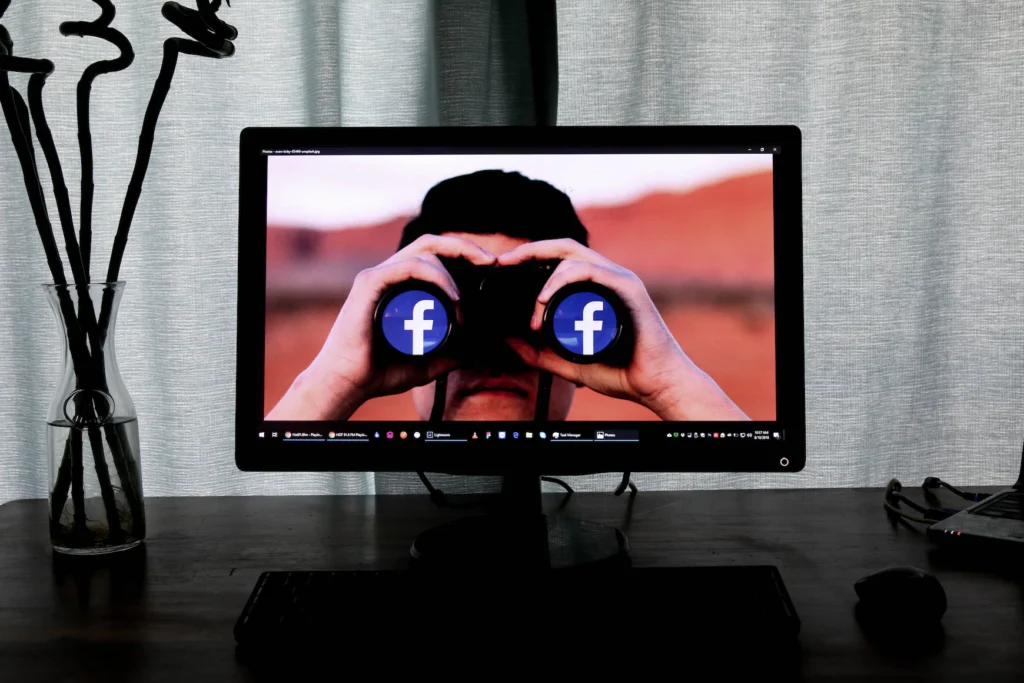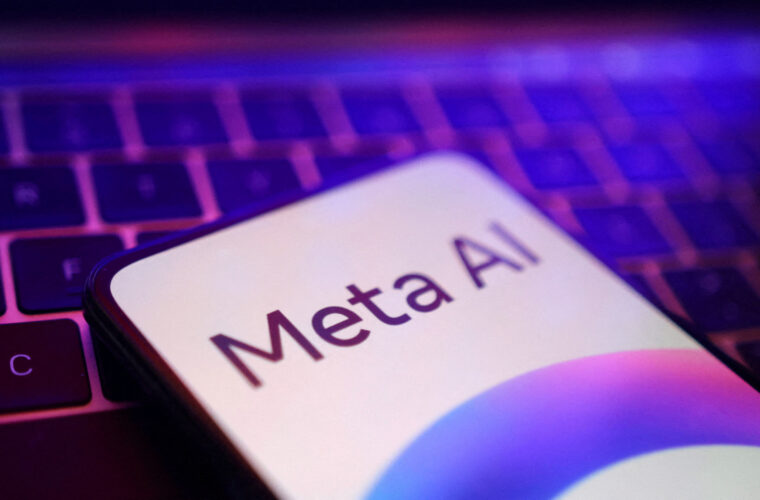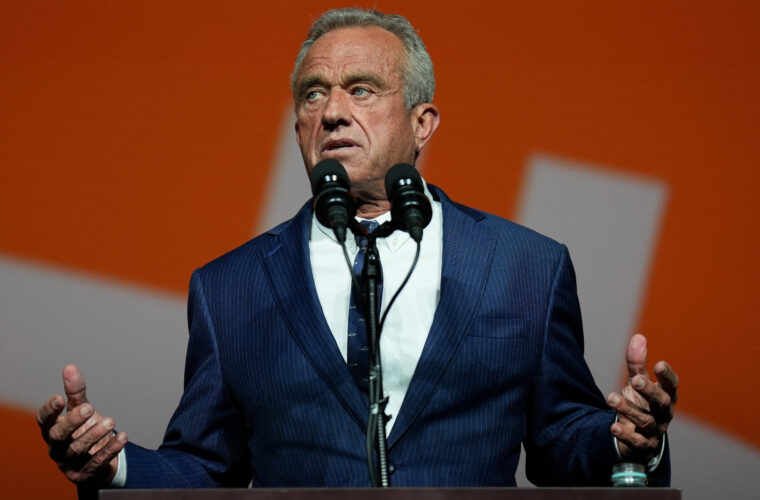The case worries Zuckerberg because the Italian precedent could open copyright problems throughout Europe
In the rest of Europe, there has been little talk about it. Still, the issue has dominated the news in Italy because the break between Meta and Siae opens a treacherous precedent at the European level, especially for the Californian giant. The news is that the company led by Mark Zuckerberg has not renewed the agreement that expired at the end of 2022 with the Società Italiana Autori ed Editori (Siae) to use on the group’s platforms the music tracks of artists registered with Siae, which is the main society in Italy that deals with protecting the copyright of those who compose music and make songs. This means Meta can no longer make the entire Siae catalogue available to its subscribers. Still, not only that, without the licence to use it, it must also remove the tracks in question from Reels and Stories published previously.
Meta promised that in 48 hours, it would remove content already posted on Facebook and mute those on Instagram. In reality, it took longer, and even now, it still needs to quickly identify the songs protected by Siae copyright selected by users while uploading a video on social media. This is because the Italian case is an anomaly for Meta, which has not severed relations with artists’ representatives in other countries. However, this scenario could occur in the future precisely because other companies could imitate what Siae has done and demanded. The Italian company complains about the inadequate conditions offered by Meta, which presented a unilateral proposal, thus not considering the counterparts’ requests.

Siae, on the other hand, was interested in understanding how much Facebook and Instagram made from the songs or extracts of songs from its catalogue used by users as soundtracks for videos and stories. The point is that Meta refuses to share data and metrics on a national level because, like all American big tech companies, it lacks transparency in sharing data with its partners, entrenching itself behind generic information on a global scale, which makes it impossible to circumscribe the effect and value of a given product, in this case, the Siae catalogue.
Through a spokesperson, Meta stated that it ‘wants to continue to reach an agreement with Siae’, as ‘the protection of the copyrights of composers and artists is a top priority’, even if in the immediate future it will ‘initiate the procedure for the removal of the audio tracks’ in question, adding that it has ‘concluded similar agreements in 150 countries’. The words do not match the facts, however, as the philosophy of Zuckerberg’s company is to offer a certain sum to the counterpart (in the case of Siae, in 2021, we are talking about a sum of around €1 million) and to disregard the rest because normally any company accepts the proposal put on the table. This time, Siae chose to send the offer back to the sender and start a wall-to-wall that could prove risky for Meta in the event of replication in other European countries.
Explaining the obstacles that led to the failure to reach an agreement between the parties Matteo Fedeli, Siae’s General Manager, spoke of the criticalities brought about by Meta in an interview with Wired Italy. “For us, knowing how much Meta earns is fundamental to being able to understand the offer they make to us. But in addition to not providing us with information, at one point they put us in front of a take-it-or-leave-it offer,” says Fedeli, who recently reached an agreement with YouTube at the end of a ten-month negotiation. “We closed a month ago after many exchanges that were also quite heated, but in the end we found a solution that is mutually satisfactory.”

“Our model is always to try to close revenue share agreements. The problem is that these models have to be based on a transparent relationship from the point of view of relevant business information, as clearly stated in the Copyright Directive,’ Fedeli specifies. ‘With Meta, the only information we could rely on to make our calculations is what they file in the US, which means they gave us absolutely nothing’.
Beyond the incommunicability with Meta, the ultimate goal is still to find an agreement that can reward musicians and composers, ‘provided the conditions are fair and not imposed by someone on the other side of the ocean. Siae wants “fair compensation for the works of its creators who give a boost to Meta’s platforms” in what is defined as a “system battle” because “accepting the imposition means that the price of work and copyright for Italian artists is established in Silicon Valley”, Fedeli explains.



